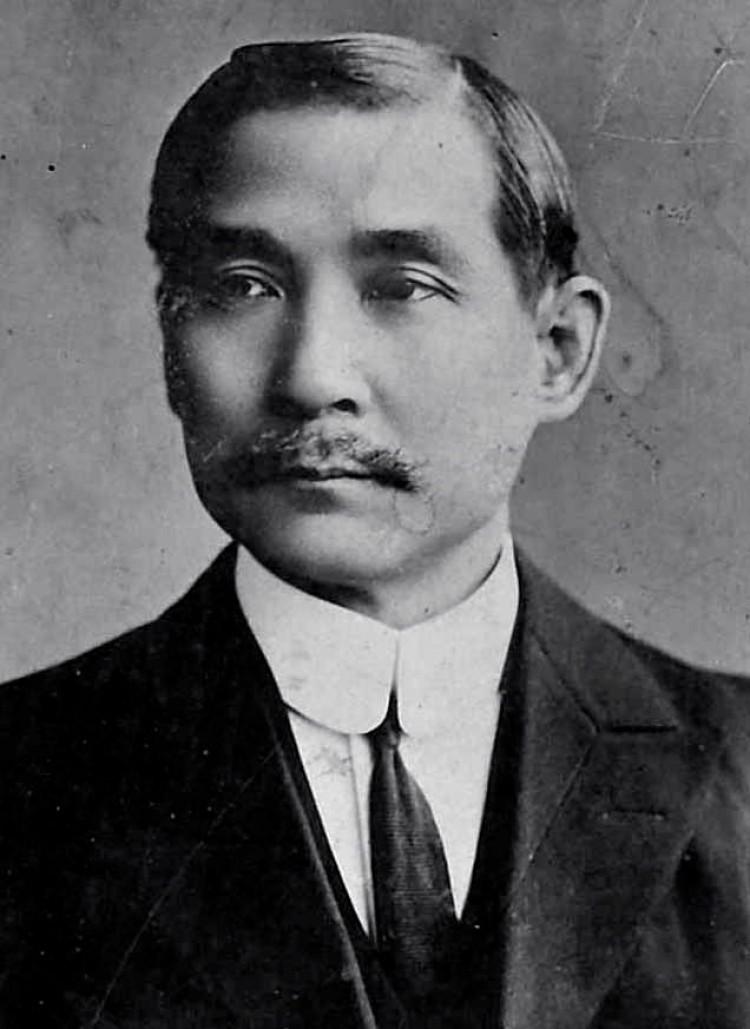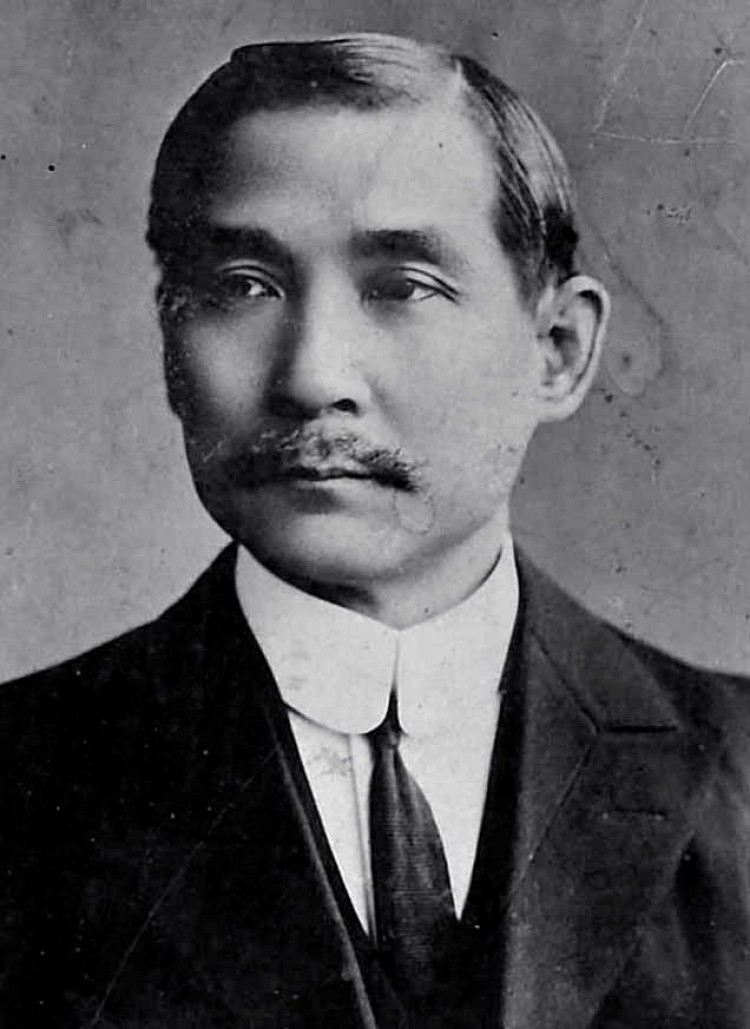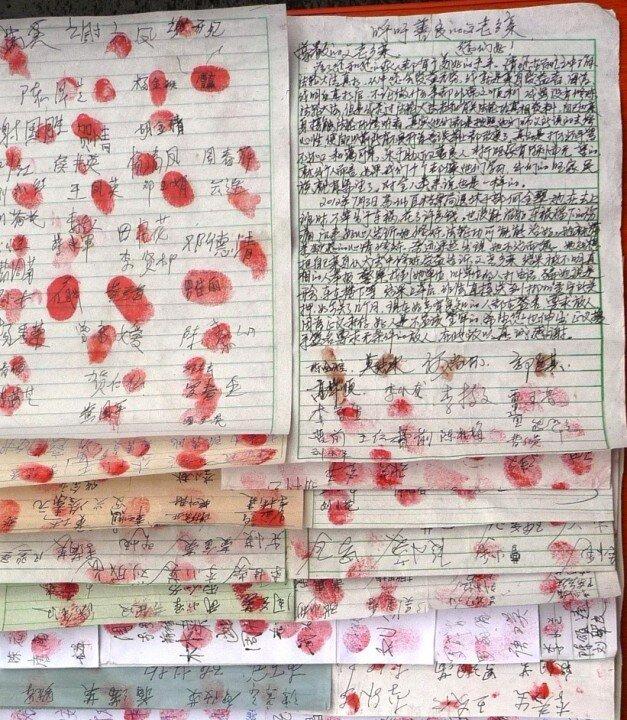Veteran Cadres Propose Replacing Mao’s Portrait
A suggestion to replace the giant Mao portrait on Tienanmen Square with Sun Yat-sen’s has drawn support from seven veteran CCP cadres from Yunnan.

A portrait of Sun Yat-sen taken around 1912. Sun is often referred to as the 'father of the nation,' by both the Chinese regime and Taiwan, for his role in overthrowing the Qing Dynasty and establishing the republic, of which he was the first president. Wikimedia Commons
|Updated:




